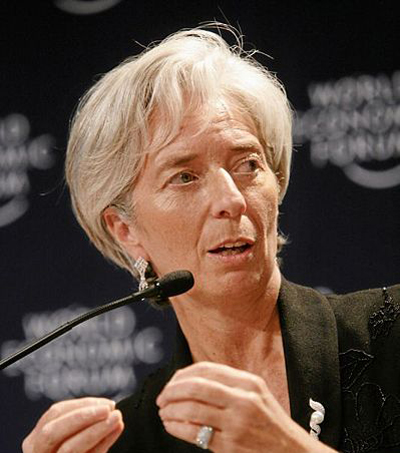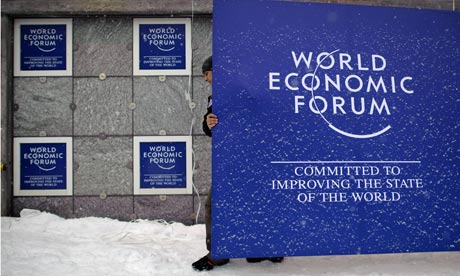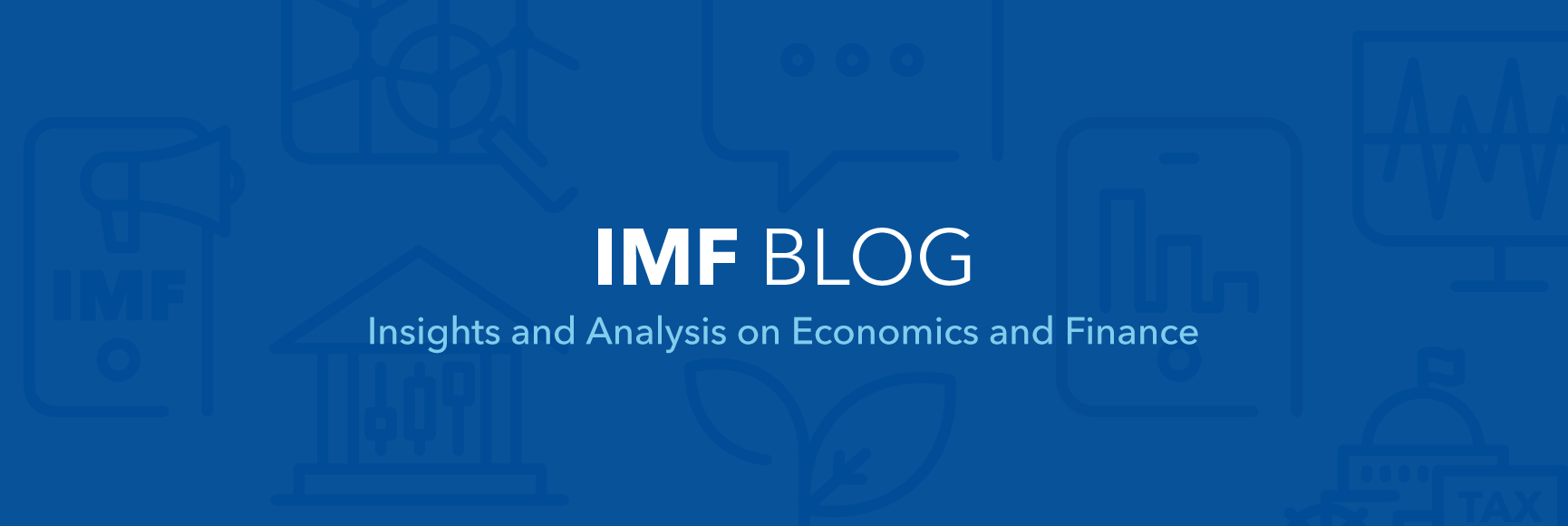Amid the heaviest snowfall in Davos for decades, IMF chief Christine Lagarde has been making her case for urgent action to resolve the eurozone crisis, which is at the center of current global economic concerns. The Fund recently sharply revised downward its forecast for global economic growth and in a speech in Berlin Lagarde mapped a way forward.
been making her case for urgent action to resolve the eurozone crisis, which is at the center of current global economic concerns. The Fund recently sharply revised downward its forecast for global economic growth and in a speech in Berlin Lagarde mapped a way forward.
Policy priorities
Lagarde has taken her messages to the Alpine resort in Switzerland, where global leaders are gathered for the 42nd Annual Meeting of the World Economic Forum. At the top of the agenda is the need to find and implement the policy solutions to avoid a downward economic spiral—or what Lagarde as has  called a “1930s moment.” She set out some of the policy priorities in a video interview and stressed the need for policy action to be “coordinated, cooperative and comprehensive”. The main goal is to get growth going again “because that’s most needed. There is too much unemployment around the world,” Lagarde said.
called a “1930s moment.” She set out some of the policy priorities in a video interview and stressed the need for policy action to be “coordinated, cooperative and comprehensive”. The main goal is to get growth going again “because that’s most needed. There is too much unemployment around the world,” Lagarde said.
Worldwide repercussions
While Europe may be at the epicenter of the crisis, today’s economic difficulties are being felt in all quarters of the globe, so policymakers and leaders everywhere are responsible not only “for making sure that their jurisdictions, their countries, their regions, but also the global community does better and actually can manage through the crisis.” For the IMF to play its part, the institution has called for a big increase in its lending resources. The “IMF is a guardian of stability and a builder of confidence. And there is a lot to be done at the moment, and we probably will need more funding to be able to respond to a time of crisis ... because it is our membership at large that we care for,” Lagarde explained. She also spoke on Facebook.
Watch the video here:
[youtube http://www.youtube.com/watch?v=xSdvKEc4Dro&w=560&h=315]




